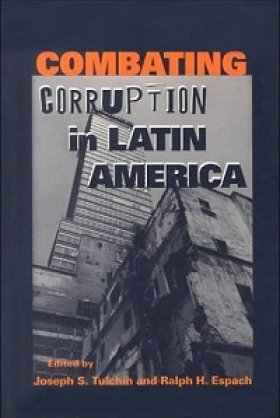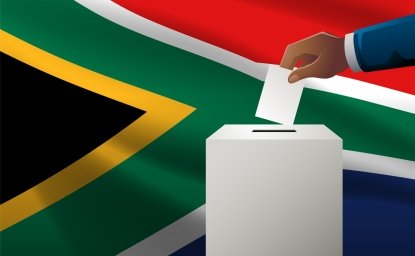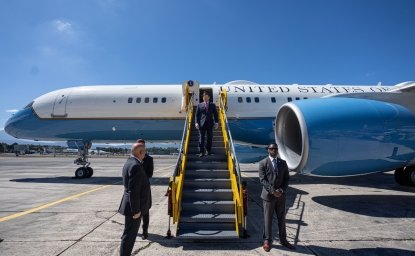Combating Corruption in Latin America

-
Corruption persists as a challenge to the consolidation of Latin American democracies and to their economic development. Contrary to many expectations, policies to reduce the size of government, such as the privatization of state firms, have not proved a cure against corruption. In some cases, economic liberalization seems only to have worsened the problem.
Combating Corruption in Latin America examines the relationship between democratic and market reforms and corruption, including national strategies for its reduction. Authors from across the region, the United States, and Europe, discuss the nature, methods, and historical antecedents of today’s corrupt practices, including issues of institutional design, the role of international actors, and culture.
These chapters raise many important questions. Can corruption in some cases be economically efficient? Does the transition to democracy and free markets increase or reduce opportunities and incentives for corruption? What policy responses are in effect at the local, national, and international levels, and are they likely to be effective? How is a growing business culture across Latin America likely to influence efforts for improved government transparency and efficiency?
Joseph S. Tulchin is director of the Latin American Program at the Woodrow Wilson International Center for Scholars. Ralph H. Espach is program associate of the Latin American Program.
Editors
 Joseph S. TulchinSenior ScholarBrowse Insights & Analysis
Joseph S. TulchinSenior ScholarBrowse Insights & AnalysisExplore More
Browse Insights & Analysis
Change in the Ballot Box in Africa
Posted date/time:
You Can’t Deport Your Way Out of the Problem
Posted date/time:
US Ties Its Hands in Fight Against Organized Crime
Posted date/time:
Freedom Undone: The Assault on Liberal Values and Institutions in Hong Kong
Duration:52Posted date/time: